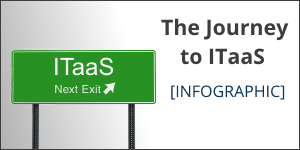 When it comes to service delivery, there has never been more pressure on IT teams than today. With rapid adoption of digital technology and the prioritization of responsiveness, employees, customers, vendors, and enterprise leaders expect digital needs to be fulfilled faster than IT can often provide.
When it comes to service delivery, there has never been more pressure on IT teams than today. With rapid adoption of digital technology and the prioritization of responsiveness, employees, customers, vendors, and enterprise leaders expect digital needs to be fulfilled faster than IT can often provide.
For this reason, IT leaders must improve the speed and efficiency of service delivery in order to keep business moving forward and stay ahead of the game when it comes to these new technologies.
IT-as-a-Service (ITaaS) has been a buzzword for some time, and the industry is at a point where best practices for implementing ITaaS have been developed and the benefits have been proven to be effective, making the transition to ITaaS all the more attractive for enterprise IT organizations.
Five critical steps every IT organization should take to transform IT service delivery:
- Promote self-service IT
- Quickly integrate and optimize
- Establish policy and controls
- Provide seamless delivery
- Plan for Day-2 and beyond
By linking together all of the tools and technologies in a way that acknowledges the people and process challenges of modernization, you can improve control and agility at the same time. Let’s take a closer look at these 5 steps to examine what is involved so that you can effectively plan your ITaaS delivery strategy.
Self-service for all
If an IT organization can’t get ahead of service requests, there will never be time for digital innovation. For this reason, promoting self-service for end-users is paramount. Whether the request involves providing access to business critical apps, spinning up a new virtual machine (VM) or cloud resources, cutting through the noise and allowing employees to find the answers they need quickly, easily, and securely, will free up IT for long-term digital transformation initiatives.
As a secondary bonus, self-service cuts down on instances of shadow IT, where users bypass the IT service stream entirely, whether due to impatience, wait times, or any other reason, and go off in search of answers themselves. Not only does this pose increased security risks, it can result in increased costs.
Integration and optimization
A majority of enterprises are running a mix of several platforms and clouds, with new options being added all the time. For this reason, utilizing software that promotes third-party integration is a game changer when it comes to optimizing your environment for efficiency. To fully take advantage of the benefits of artificial intelligence (AI), machine learning, and automation, IT must have visibility and integration across the network.
Controls and policy
Third on the list is establishing effective role-based access control (RBAC). Regardless of your desired governance model, utilizing RBAC to effectively manage user access, provide self-service and automation, while still ensuring security, is a key piece of the IT service delivery puzzle.
Seamless delivery
Speeding up product delivery a high-priority goal for many IT organizations. That said, hurrying along the development of software development is of no use if the delivery and implementation process does not quicken as well. By bringing together development and implementation, IT organizations can create a seamless path for efficient delivery.
Post-implementation administration (Day-2 Ops and beyond!)
Automation will be your friend for managing Day-2 operations. While the provisioning process is accelerated through the above strategies, it’s also crucial to include lifecycle management as part of the IT service delivery equation. IT leaders are often expected to push out new applications or services as quickly as possible, but IT’s job doesn’t end once the new technology goes live. After that first day, IT is responsible for the administration and management of every new technology and ensuring that lifecycle management, including monitoring, logging, and data management, is part of your long-term plan for IT service delivery is key to preventing roadblocks in the future.
Consider transforming IT service delivery with Morpheus
Morpheus originally began as an in-house agnostic application automation platform and has now grown to serve some of the largest Fortune 1000 companies and service providers in the world. Offering CloudOps, DevOps, SecOps, and FinOps as a unified platform, Morpheus drives innovation and propels enterprises forward.
There is no single product or “magic bullet” that can make your digital transformation initiatives an instant success, but Morpheus stands behind their agnostic automation and orchestration platform as a catalyst to help you get there faster and provide the freedom to quickly adapt to an ever-changing landscape.
Regardless of where you are in your digital transformation or innovation journey, Morpheus can provide the platform and tools your enterprise needs to promote efficiency, reliability, and speed throughout IT service delivery.
Questions about Morpheus? WEI has the answers.
WEI’s engineering team has vast experience helping IT organizations in several industries implement automation across infrastructure, cloud, and application management. Our goal is to help you simplify the management of your unique IT environment, while also ensuring all your business goals are met. Our experience with Morpheus will prove to be a critical factor in your assessment of their automation and orchestration platform. Contact us today to learn more about how Morpheus can work in your environment and what implementation will look like. We’re here to help.
NEXT STEPS: The speed and agility benefits of hybrid cloud provide a way to accelerate digital transformation, while maintaining control and security. You might be interested in our white paper below as a helpful resource on your digital transformation journey. Click here to read our paper, “How Hybrid Cloud Can Launch Your Digital Transformation” today.












